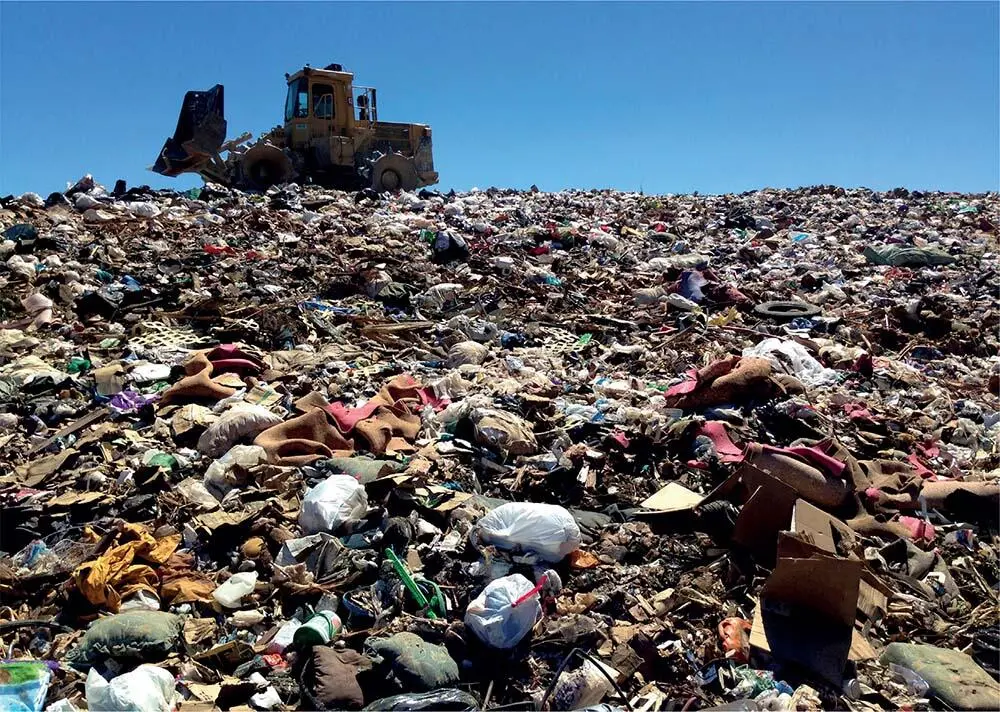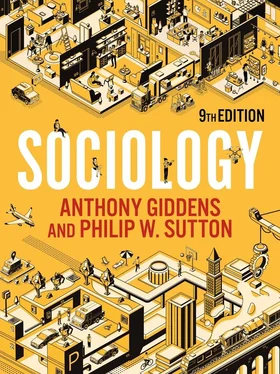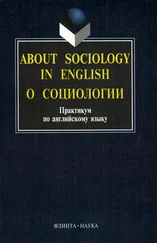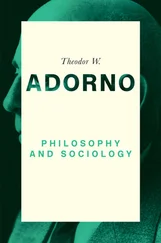Theorizing the society–nature nexus
Social constructionism is an approach to studying social problems, including environmental issues. Social constructionists have investigated how some environmental issues come to be seen as significant and in need of urgent action, while others are considered less important or are largely ignored (Braun and Castree 1998; Hannigan 2006, 2014). Much depends on how the issue is framed as a problem that needs a policy response from government. Are the environmental problems considered most important today really the ones which are the most serious and in need of urgent action?

For more on social constructionism, see chapter 3, ‘Theories and Perspectives’, and chapter 12, ‘Social Interaction and Daily Life’.
Constructionists ask a series of important questions. What is the history of the problem and how has it developed? Who is making the claim that it is a problem and do they have any vested interest and stand to benefit from doing so? What do they say about it and does the evidence support this? How do they say it? Do they use scientific, emotional, political or moral arguments? Who opposes the claim and on what grounds? Do opponents stand to lose if the claim is successful and could that, rather than the evidence, explain their opposition? Such questions give sociologists a clearly defined role in the study of environmental issues which no other discipline performs. They also add something new to our understanding of this area.
Social constructionists remind us that all environmental problems are, in part, socially created or ‘constructed’ by groups of people. Nature never ‘speaks for itself’, but people do claim to speak on its behalf. This process of construction can be examined, understood and explained, and thus the public should be in a better position to assess whether an environmental problem really is as serious as the claims-makers say it is.

Most environmental problems are socially created. For example, consumerism generates a huge amount of waste, which has conventionally been dumped in landfill sites.
For some sociologists, constructionism is problematic, as it tends to be ‘agnostic’ about the central problem at issue (Irwin 2001). For example, a constructionist study of biodiversity loss and species extinctions would tell us a lot about how this problem came to be seen as important, what arguments were made about it and who opposed the claim. But social constructionism does not offer a direct answer to the central scientific question – is biodiversity loss really a serious problem in need of urgent action? For environmental activists and those committed to solving environmental problems, this is not helpful. Constructionism tells us a lot about people and social interactions but almost nothing about society–environment relations.
An alternative approach, known as ‘environmental realism’ (Bell 2004) or critical realism, looks at environmental issues in a scientific way, bringing together evidence from across the social and natural sciences to understand why environmental problems occur. Critical realism aims to get beneath the surface of the visible evidence to uncover the underlying ‘causal mechanisms’ of events and problems (Benton 1994; Dickens 1996, 2004; Martell 1994). In contrast to the agnosticism of social constructionists, critical realists are prepared to accept and debate knowledge and evidence from the natural and environmental sciences in their own analyses. ‘Using your sociological imagination’ 5.1, on BSE in the UK, illustrates some key points of this approach.
Realist approaches require the findings from a range of academic disciplines: biology, zoology, history, sociology, political science and more. Only in this way can we properly explain how and why BSE and vCJD posed such a problem in the 1980s and 1990s. Like constructionists, realists would agree that cows are social as well as natural creatures. Arguing a constructionist case, Alan Irwin says: ‘The modern cow is the product of generations of human-controlled cattle-breeding, feeding and housing’ (2001: 80). But, unlike constructionists, realists search for causal mechanisms and are prepared to explore and debate the natural science of environmental issues in ways that social constructionists do not. Critical realism takes into account the objective reality of natural objects and environments, and this means rethinking our sociological theories and concepts with this in mind.
From this brief sketch of these two approaches, we can say that social constructionism leads in the direction of a sociology of the environment that explores environmental issues from a conventional sociological standpoint, using concepts and theories from within the discipline. By contrast, critical realism leads towards an environmental sociology , which demands the revision of existing sociological approaches to take account of the complex intertwining of society and environment (Sutton 2007). However, as we will see in the chapter, many research studies in this field tend to veer between these two apparently polarized alternatives.
There are many environmental issues confronting the contemporary world, and we can only scratch the surface of these here. Some are local or regional in character, while others are international or genuinely global in their scale and impact. What they all share, and what makes them specifically environmental issues, is that they involve both social relationships and non-human, natural phenomena. In this sense, they are hybrids of society and environment (Irwin 2001: 26). Keep this point in mind when you read the rest of this section. We start with the major issue of our time, global warming.
Based on global average surface temperature, 2016 was the warmest year on record, followed, in order, by 2019, 2015 and 2017. Nine of the ten warmest years recorded since reliable records began in the late nineteenth century have occurred since 2005 (NOAA 2019). Although the planet, on average, has warmed by around 1°C since 1880, the warming trend is forecast to continue, and even small rises such as this can have large impacts (IPCC 2015: 2). The effects of very hot weather from heatwaves can be catastrophic. The Earth Policy Institute, an environmental think tank, estimated that a heatwave in 2003 killed almost 40,000 people in Europe. France suffered the most, as 14,802 people died from causes attributable to the high temperatures, with older people being particularly affected (Bhattacharya 2003). Heatwaves are forecast to become more common in the future as warming alters the climate.
USING YOUR SOCIOLOGICAL IMAGINATION
5.1 Crossing the species barrier: the UK BSE crisis
In 1996, British government ministers admitted that at least ten recent human deaths had been caused by a new variant of Creutzfeldt–Jakob disease (vCJD) in humans, which may have developed through people eating beef infected with bovine spongiform encephalopathy (BSE) during the 1980s. This was a huge shock. Millions of people had eaten beef in this period and, at least theoretically, could develop the disease. But how had this happened?
BSE is a fatal neurodegenerative disease of cattle whose symptoms – loss of coordination, nervousness, loss of memory and aggression (hence ‘mad’ cows) – are similar to those of Creutzfeldt–Jakob disease (CJD) in human beings. From the experience of sheep farming, it was thought that BSE could not cross the species barrier into the human population. CJD is a recognized but very rare disease in human beings but is unrelated to BSE. The UK BSE inquiry (1998–2000) identified the cause of BSE in cattle as a gene mutation in a single cow (named Cow 133). The most widely accepted explanation for the spread of BSE is that cattle were being fed BSE-infected offal (Macnaghten and Urry 1998: 253–65). The inquiry report said that the problem was ‘the recycling of animal protein in ruminant feed’ and noted that the link between BSE and the human vCJD ‘was now clearly established’. As of 2 November 2015, the National Creutzfeldt–Jakob Disease Surveillance Unit in Edinburgh reported that 177 people had died from vCJD. Meatrendering practices were changed and new rules brought in to prevent a recurrence, but public confidence in science, politics, regulatory bodies and the meat industry were thoroughly shaken by the events.
Читать дальше














